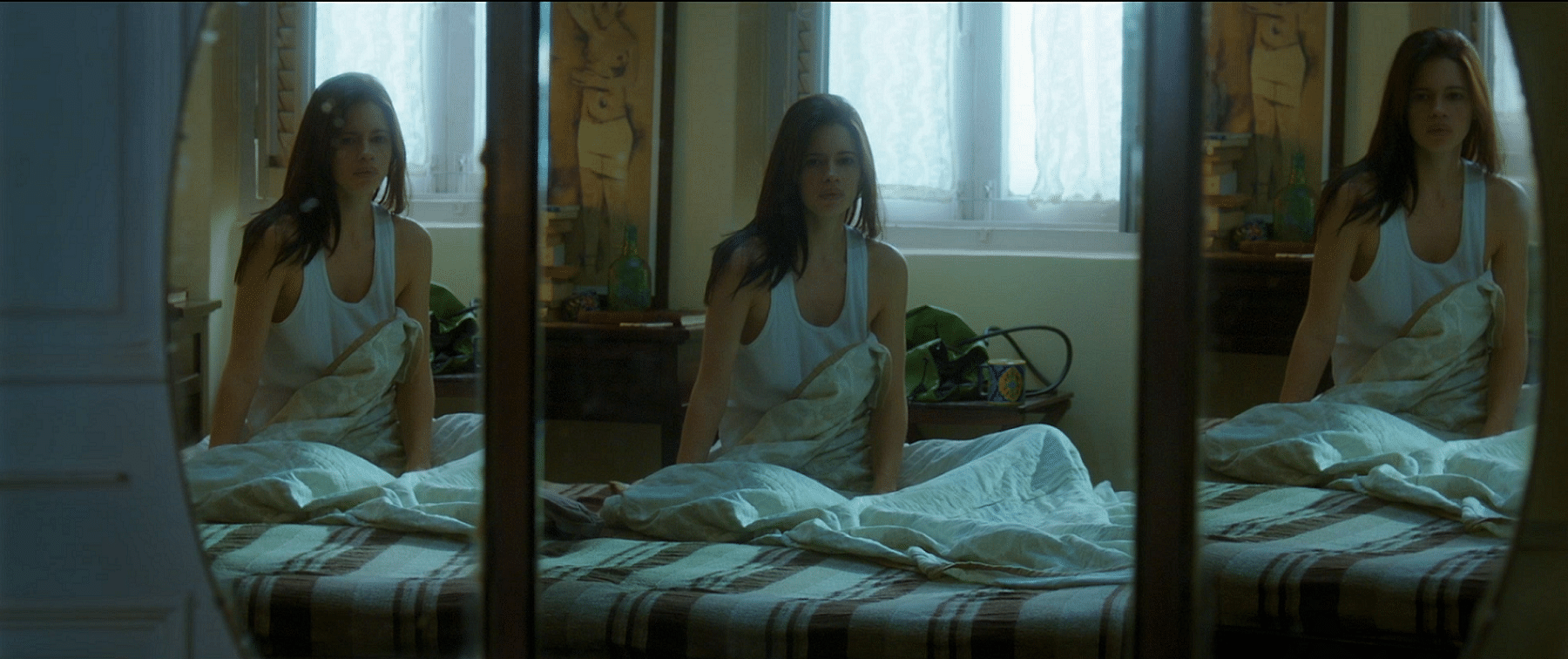
The Job, Siddharth Sinha’s latest short film, stands out for its daring contempt of traditional narrative modes.
Sinha takes a familiar story, that of Macbeth, and sets it in a city in modern India. While struck by the story itself, the filmmaker is aware of the fact that Macbeth has inspired a wide range of adaptations already.
So, Sinha attempts to create a Macbeth that truly belongs to our times, and which also expresses his personal vision.
The filmmaker’s last film, Udedh Bun (English title: Unravel), was a story of a young boy who is mostly indifferent to an ailing mother. Even the sponges around her bed that were used to mop up her blood makes him puke.
However, he soon comes of age when he has a sexual encounter with the village milkwoman and her menstrual blood on his fingers inspires not disgust, but a deeper understanding.
No two settings could be as different from each other than those of Udedh Bun and The Job. Udedh Bun was a rustic story where postmen, cows, milkmen and intense greenery populated the screen.
The Job, on the other hand, tells the story of a French expatriate (Kalki Koechlin) who is slumming it out in India. The time the film zeroes in on the character is a difficult time for her.
She is at her fourth job in six months. Something seems to be bothering her, and we figure that is what has been leading to her leaving jobs.
However, she seems to be messing up her latest job, too. But what is the reason? Sinha does not give us any easy answer.
The Job has a non-linear structure where it is almost impossible to tell what is happening when. The character played by Kalki seems to be trapped in a bubble, both spatially and temporally.
She is the only one we see at any given point in time. We sometimes hear noises from others, but we are unable to see them. The only conversation we hear is between that of Kalki’s character and her boss. He tells her about an important client that the company is trying to bag. Unfortunately for that, the work has to be completed very soon, so she needs to buck up.
Throughout this conversation, the boss is out of the frame. Towards the fag end of this talk, the camera does focus on where he is sitting. There’s no one there. Kalki is sitting in front of an empty chair, from which the boss’ voice continues to come. This is not the only instance: we can’t be sure if her cat exists either.
What Sinha has created is a gripping work . He takes Shakespeare’s work, takes out just what he finds most interesting: Lady Macbeth’s collapsing mental condition.
The film is jarring and confusing to audiences because it captures not just the Lady’s collapse from the outside, but from her own mind.
The audiences are invited to share the confusion and contradictions she experiences in engaging in reality, even as it is juxtaposed with her economic decline as a French expatriate in India.
The film is an excellent psychological study, which blurs the distinction between reality and fantasy. Incredibly, the film manages to do it without a single word being uttered by its protagonist, but still captures the crisis excellently.